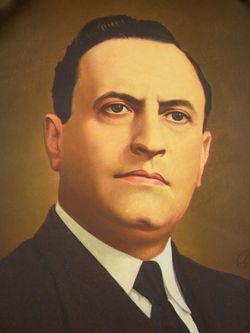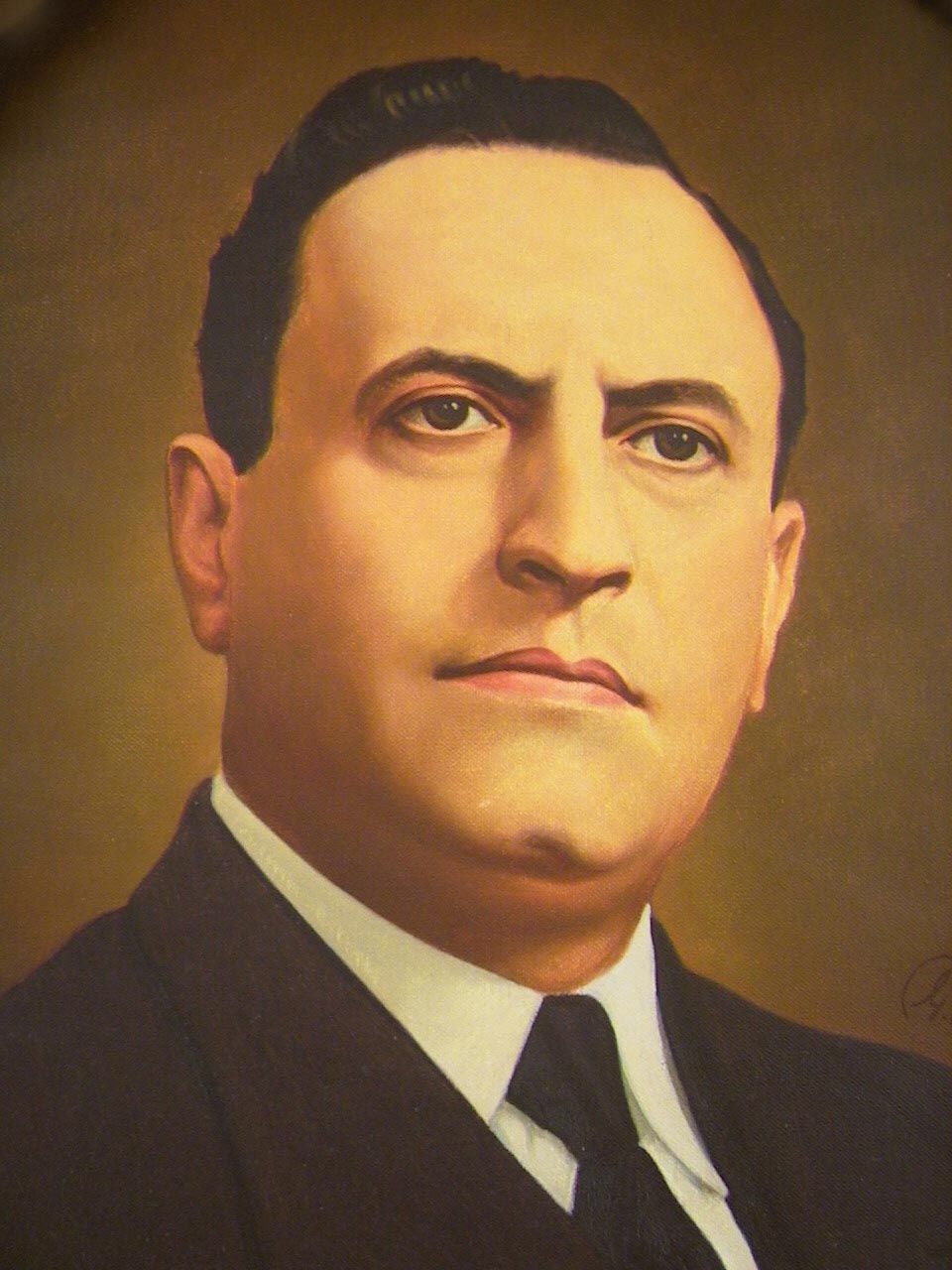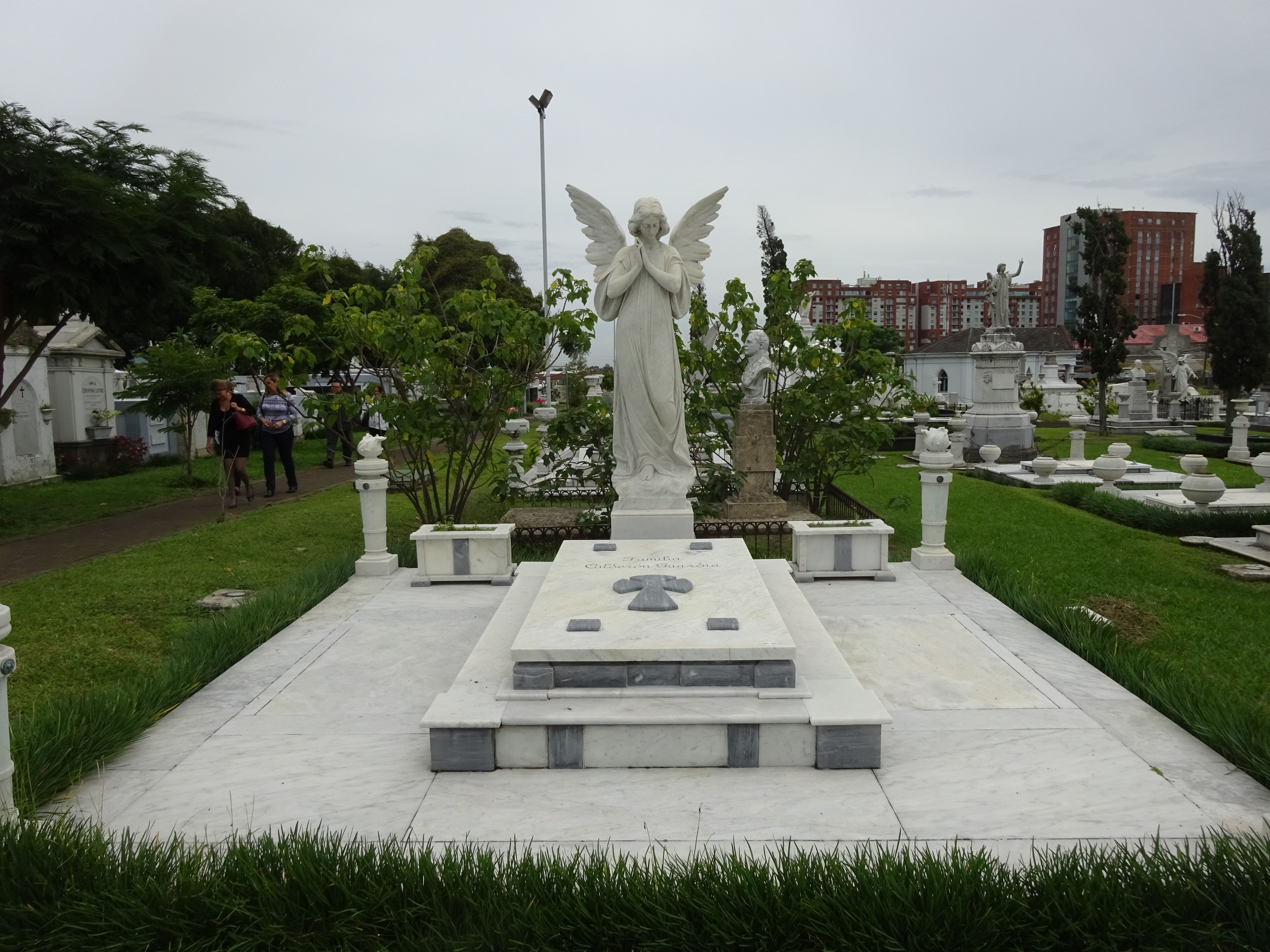In 1944, because the Costa Rican constitution prohibits consecutive presidencies, he passed the presidency to Teodoro Picado Michalski, whom shared his same base of support. In 1948 he ran for president again, but lost to Otilio Ulate Blanco. The congress, dominated by Calderón's party, annulled the election results, allowing Calderón to seize power. José Figueres Ferrer rallied a rebel army against Calderón, who, despite being backed by the Costa Rican Army and various Communist militias, lost and was sent into exile to Nicaragua. Figures, however, mainted Calderón's social welfare programs, which continued to be extremely popular.
Calderón would later attempt invasions of Costa Rica in December 1948 and then 1955, but was unsuccessful and forced to flee to Mexico. Calderón returned to Costa Rica in 1958, ran unsuccessfully for president in 1962, and served as ambassador to Mexico from 1966 until his death in 1970.
His son, Rafael Ángel Calderón Fournier, was later elected president, and was ironically imprisoned from embezzling money from the social welfare programs his father had founded.
In 1944, because the Costa Rican constitution prohibits consecutive presidencies, he passed the presidency to Teodoro Picado Michalski, whom shared his same base of support. In 1948 he ran for president again, but lost to Otilio Ulate Blanco. The congress, dominated by Calderón's party, annulled the election results, allowing Calderón to seize power. José Figueres Ferrer rallied a rebel army against Calderón, who, despite being backed by the Costa Rican Army and various Communist militias, lost and was sent into exile to Nicaragua. Figures, however, mainted Calderón's social welfare programs, which continued to be extremely popular.
Calderón would later attempt invasions of Costa Rica in December 1948 and then 1955, but was unsuccessful and forced to flee to Mexico. Calderón returned to Costa Rica in 1958, ran unsuccessfully for president in 1962, and served as ambassador to Mexico from 1966 until his death in 1970.
His son, Rafael Ángel Calderón Fournier, was later elected president, and was ironically imprisoned from embezzling money from the social welfare programs his father had founded.
Sponsored by Ancestry
Advertisement
Explore more
Sponsored by Ancestry
Advertisement



